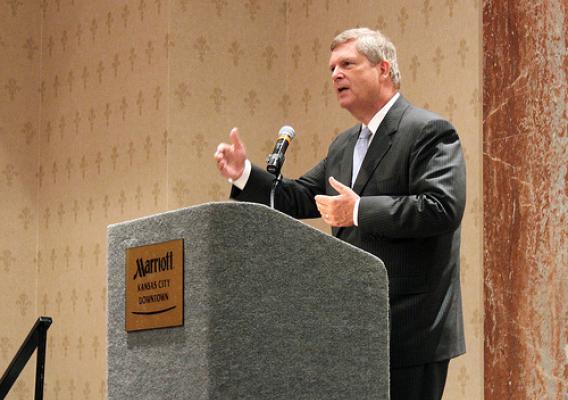In President Obama’s July 11 press conference, he asked us all to look at the steps we can take short term in order to put folks back to work. At the U.S. Department of Agriculture (USDA), we have been promoting the domestic biobased industry because we know green jobs represent a growth investment. On July 14, the Senate Committee on Agriculture, Nutrition and Forestry will hold a public hearing during which biobased product manufacturer representatives will testify about how they are trying to help the United States win the future by investing in and creating domestic job growth.
As defined by USDA, biobased products are goods – other than food or feed – that are made from biological ingredients, including renewable domestic agricultural materials, forestry products, or intermediate chemicals. The USDA BioPreferred® program, established by the 2008 farm bill, encourages the development, purchase, and use of innovative biobased products through preferred Federal Agency procurement and a voluntary biobased product labeling program.





